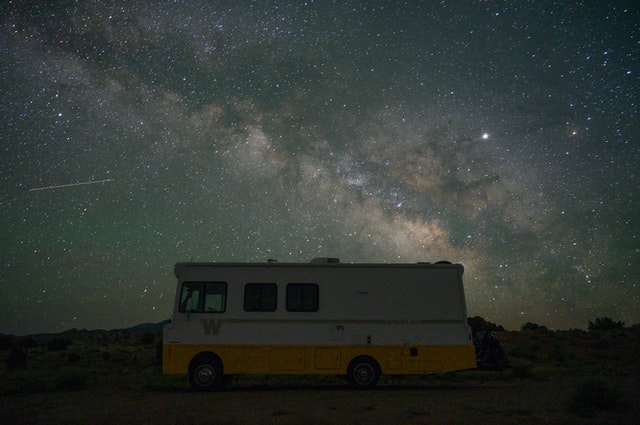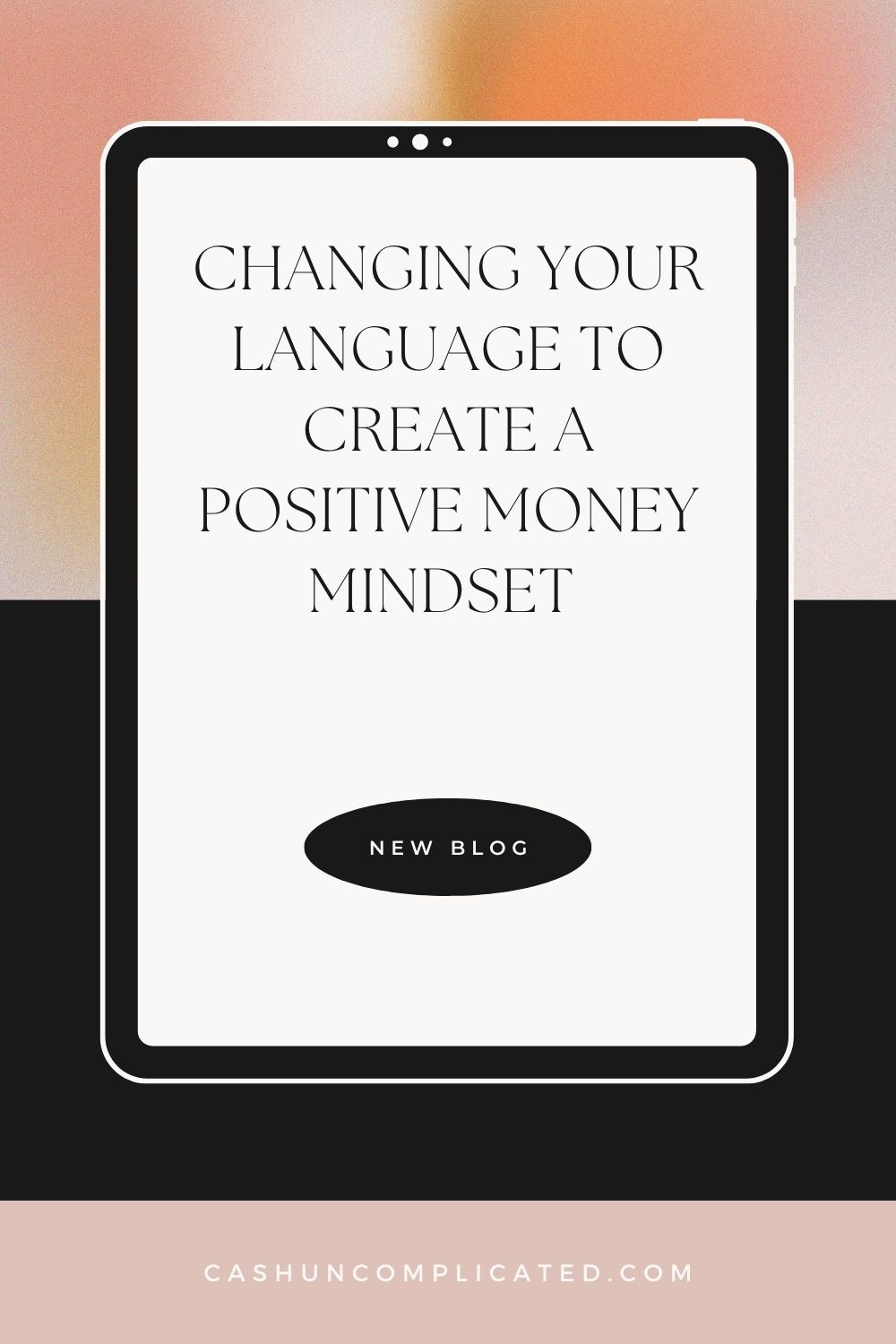Retirement is often portrayed as the holy grail. A wonderful utopia in a far out magical world. Something to work towards your whole life so you can finally relax in the very end.
Taking the trips you never had time for, spending time with the grandkids, not having to get up to an alarm clock, or answer to a boss. Doing what you want in life, total freedom. Retirement is the big reward for working your whole life. Sacrifice your whole life to enjoy your golden years.
I have an issue with the concept of retirement. Not necessarily retirement itself, but what happens before that.
To clarify, I’m not anti-retirement. I strongly believe everyone needs to invest for retirement and plan for the future. I just think retirement should be thought about differently.
You Can Live for Today AND Build a Secure Future
Enjoying a good life today and building a retirement nest egg are not mutually exclusive. You can do both.
Tomorrow is not guaranteed. Too many people put off what they can do today for retirement. How many times have you heard (or said) the following statements?
- “I want to rent an RV and travel the country.”
- “I’d love to go to Europe someday.”
- “I’d sure love to see all the national parks.”
- “I want to catch a baseball game in every park.”
- “If only I could go off the grid for a couple weeks.”
- “I want to visit all 50 states.”
Which of these things can actually be done now? I would argue everything on this list can be done now (minus COVID travel restrictions). By done now, I mean either make progress towards or complete.
For example, someone who wants to visit all 50 states can start doing that now. There’s no need to put that off until retirement. Anyone can easily see at least five states during a two week summer road trip. Probably more.
A trip around the Southwest will allow you to see California, Nevada, Arizona, New Mexico, and West Texas. A trip around the South will get you through Louisiana, Mississippi, Alabama, Georgia, and Florida. Maybe even South Carolina and Tennessee.
Many of the states on the east coast are small. New York, Rhode Island, Connecticut, Massachusetts, Maine, Vermont, Delaware, New Jersey, and Maryland can all be done in a couple weeks. That’s almost ten states in a short trip.
According to Nationalparks.org, there are 62 national parks in the United States. That’s a daunting number to try and cover all at one time, but those can be broken down into several trips. There’s no reason someone can’t see most or all national parks in a ten year span if they really want to.
For someone wanting to see Europe, it’s pretty easy to travel there for a couple weeks during non-pandemic times. You’ll need to save up some money to do it, but I can’t think of a good reason to put it off until retirement.
Travel and experiences don’t need to wait until retirement. If you really want to go somewhere, find a way to go now. Just make sure to keep paying yourself first by feeding your investment accounts. For a more detailed look on how to do that, pick up a copy of my book.
You Can Be Secure Now
It’s not said a lot, but I think one of the main things that attracts people to retirement is the security it gives them. The concept that you’ll never have to work for money again is very powerful and liberating. It’s a great feeling to have.
That feeling doesn’t have to wait until retirement. Creating and executing a financial plan will give you a very similar feeling, if not the same. You’ll have the confidence that you know how to do this. That you’ve got this.
I compare it to people who are handy at fixing things. Someone who has installed a garbage disposal, or fixed an issue with their car knows they can do a similar type of job again. This person will not fear small things breaking because they know they’ll be able to figure it out.
Once you’ve got a solid financial plan that you’ve had some success executing, you kind of have it figured out. It’s just a matter of time where you need to be consistent and allow your money to grow. That is a very secure feeling that doesn’t need to wait until retirement.
It’s Not All or Nothing
Back when my grandparents were working, most people stayed in one job their whole life, worked until 65, and retired with a pension. They went from full time employment to complete retirement.
It’s not that way anymore. Most people work for several different companies during their career and pensions have become increasingly rare. In addition, many people are choosing to transition more gradually to retirement.
It’s a myth that workers have to move in a linear order of work to retirement. People can cut down on their hours, move to part-time positions, or go to a consulting type role. It’s also feasible to leave a “career” job and move on to something less demanding for less money.
Let’s use Dawn as an example to illustrate the point. This is her current situation:
- Currently makes $4,000 after taxes every month. She lives a very comfortable financial life with this amount.
- Age 60 and wants to retire or cut down on her hours soon
- Current house payments (principal and interest) are $1,500 per month but house is scheduled to be completely paid off in six months
- Her investments she’s made over the years are now paying her $1,700 per month
- Has one year of cash reserves she’s set aside, but doesn’t want to touch that
- Owns one rental property that is scheduled to be paid off in the next three years. Current principal and interest payments are $900 per month.
- She’ll also be eligible for Social Security. She hasn’t calculated the amount but thinks it will be at least $1,000 every month, if not more.
Dawn doesn’t need to continue to make $4,000 per month for much longer. She’s eliminating a $1,500 house payment in the next six months. That takes her down to needing $2,500 per month. Her investments are also beginning to pay $1,700 per month, which brings her down to needing to make just $800 per month.
Dawn has a lot of options here because she only needs to make $800 per month to meet the $4,000 she is making at her job. She can choose to continue to work her current job making $4,000 per month to pad her income, cut down her hours, get another job that pays much less, and many other options.
The point is, if Dawn doesn’t want to continue working her full time job, she doesn’t have to stay until retirement. She has many options to help fill in the gap until she truly doesn’t have to work anymore.
In three years she’ll be making an extra $900 with her rental property being paid off. That will more than cover the $800 gap. Even better, she’ll also be getting money from Social Security at some point after that, giving her more money than when she was working a full time job.
As Dawn’s example shows, people can gradually move towards retirement. There are many creative ways to do this without having to “tough it out” in a job you don’t like, or want to do anymore.
It’s important to find a balance of what works for you today, while also helping you build a secure financial future. The concept of retirement has changed over the years, and it’s important to look carefully at your current situation.
Grinding it out in a job while waiting to travel and live the life you’ve always wanted, all in the name of retirement, is a flawed concept. We can do a lot more now than we think.








